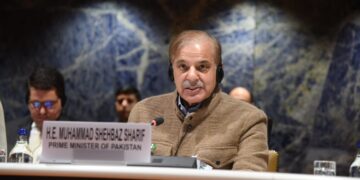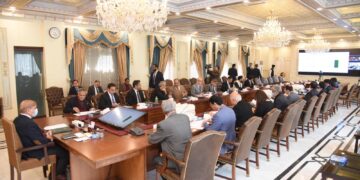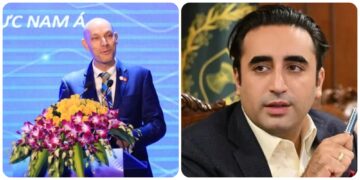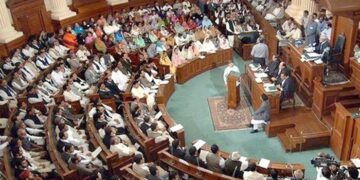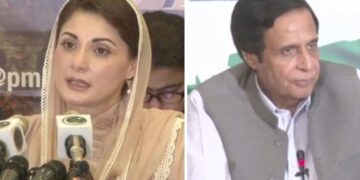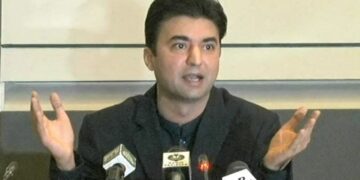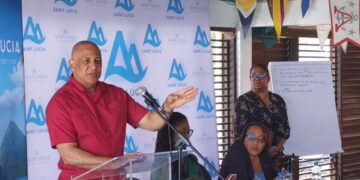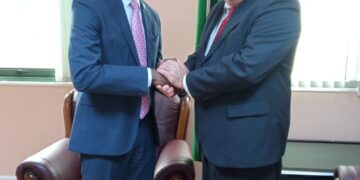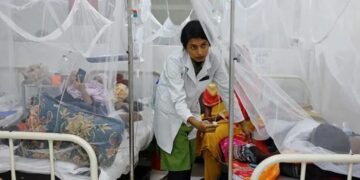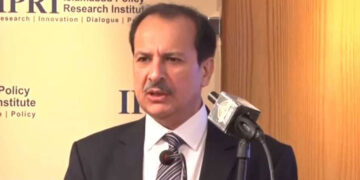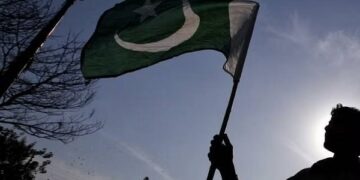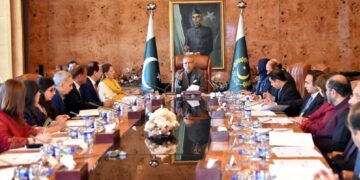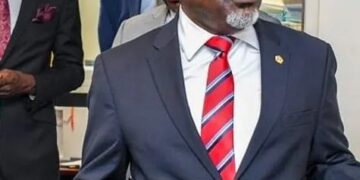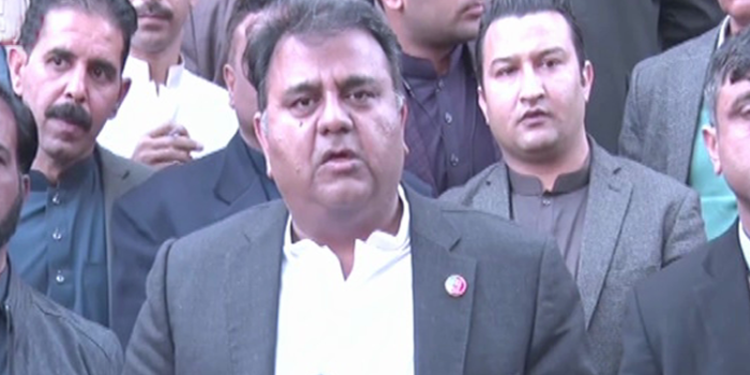After a recent string of attacks in Balochistan, Information Minister Fawad Chaudhry vowed on Saturday that the state would take action against those responsible for pouring blood.
Terrorists stormed a security checkpoint in Balochistan’s Kech district on Wednesday, killing ten soldiers. Two days later, twin bomb attacks in the Sui region of Dera Bugti killed three Levies Force troops and a Bugti clan elder, killing three Levies Force members and a Bugti clan elder.
Jhelum was represented by two of the 10 martyred troops. During a visit to the city, Chaudhry addressed a press conference, saying, “We have retaliated in the past and will do so again, and no drop of our children’s blood will be wasted. “Bodies of young warriors were felled here,” he said, adding that a “reckoning” would take place “for the spilt blood from the state
He stated that a clear message should be delivered to those who plotted to destabilise the country, stating that Pakistan was intended to survive until the end of time and that anyone who believes otherwise should abandon their beliefs.
Chaudhry expressed his sympathies to the families of the dead, saying the crisis in Balochistan was the result of a “deep conspiracy,” and that “there is no doubt there is a foreign hand behind this carnage.”
“We’ve vanquished adversaries before, and we’re perfectly prepared to do so again today.”
Religious and separatist violence were present, according to the information minister, with both threatening bloodshed if their demands were not granted. He went on to say that countries and states could not function in this manner.
He criticised attempts to explain or provide explanations for the violence, referring to an editorial in an anonymous daily.
“What a ludicrous conversation this is. Do they go out and start shooting people if their road isn’t built or their gas connection isn’t established?” ‘Religious and separatist violence are not warranted,’ he added.
On other topics, the information minister stated that the country was on the right route and that the country had attained economic stability, with sectors such as agriculture and industry standing firm.
He also accused the opposition of being made up of “dwarves” for failing to defeat the State Bank of Pakistan (Amendment) Bill in the Senate on Friday. Chaudhry urged the opposition to make room for senior leadership, saying PPP Chairman Bilawal Bhutto-Zardari and PML-N Vice President Maryam Nawaz should run for mayor and rise up the ranks.
“It is Bilawal and Maryam’s right if they rise through a process. However, claiming that there will be no procedure and that leadership would be chosen at random is unjust, and the entire nation opposes this.”
The opposition’s planned plans for several marches against the government were also criticised by the information minister, who noted that this was the eighth such attempt and that they eventually had to rely on Jamiat Ulema-i-Islam-Fazl chairman Maulana Fazlur Rehman’s “madrassah students.”
Prime Minister Imran Khan described his impending travel to China as a “very important” trip that will bring Pakistan financial dividends and benefits as well as enhance relations. He also mentioned that the premiere would be toured twice more this year.
The information minister also spoke about the Ravi Riverfront Urban Development Project being scrapped by the Lahore High Court, which declared many elements of the Ravi Urban Development Authority (Ruda) Act 2020 unlawful.
He said that the proposal was not a “housing society,” but rather the development of a full city, and that only the government could determine where and how such a city should be built.
“The judiciary does not have those kinds of resources, and they cannot participate in policymaking,” Chaudhry said, adding that such instances of “interference” had “caused a significant damage to the country.”
“I’m hoping the judges will learn from their mistakes in the past. There is room for correction if we move forward after learning from our past mistakes.”
He attributed the country’s urea deficit to a difference in international and domestic prices, and stated it was more of a distribution issue than a shortage.
